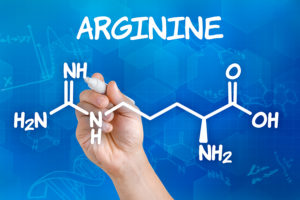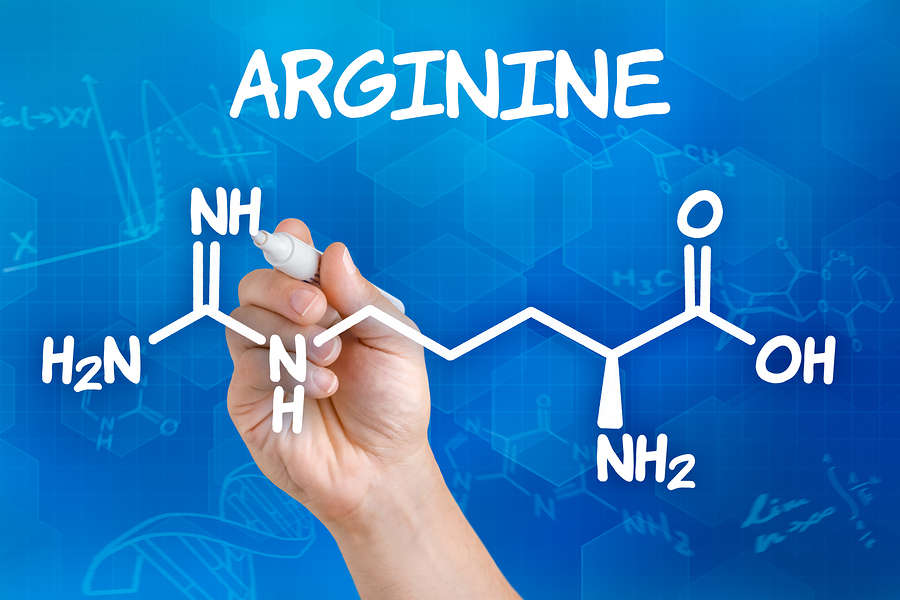 Arginine is classified as a semiessential or conditionally essential amino acid, depending on the developmental stage and health status of the individual. Preterm infants are unable to synthesize or create arginine internally, making the amino acid nutritionally essential for them. A study that appeared in the Journal of the American College of Cardiology (November 1, 1995;26(5):1251-6) looked at the effect arginine had on patients with congestive heart failure. L-Arginine was given intravenously to 12 patients with either New York Heart Association class II or class III heart failure. The treatment produced significant increases in stroke volume and cardiac output. There was also a lowering of mean arterial blood pressure and systemic vascular resistance.
Arginine is classified as a semiessential or conditionally essential amino acid, depending on the developmental stage and health status of the individual. Preterm infants are unable to synthesize or create arginine internally, making the amino acid nutritionally essential for them. A study that appeared in the Journal of the American College of Cardiology (November 1, 1995;26(5):1251-6) looked at the effect arginine had on patients with congestive heart failure. L-Arginine was given intravenously to 12 patients with either New York Heart Association class II or class III heart failure. The treatment produced significant increases in stroke volume and cardiac output. There was also a lowering of mean arterial blood pressure and systemic vascular resistance.
Other research appearing in Clinical Cardiology (2000;23:205-210) also found that an infusion with L-arginine reduced arterial pressure, reduced heart rate (from an average of 88 beats per minute to 80 beats per minute), increased righ arterial pressure, increased cardiac output and increased stroke volume. The treatment improved overall cardiac performance.






